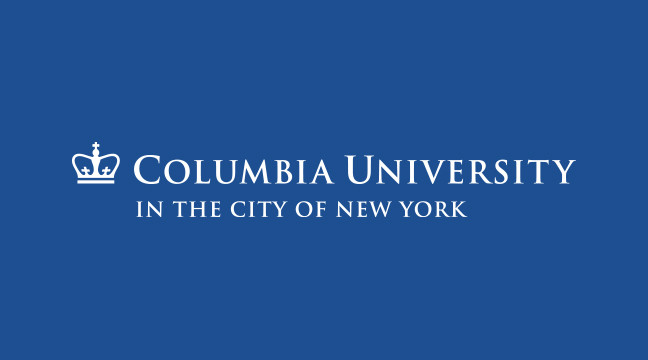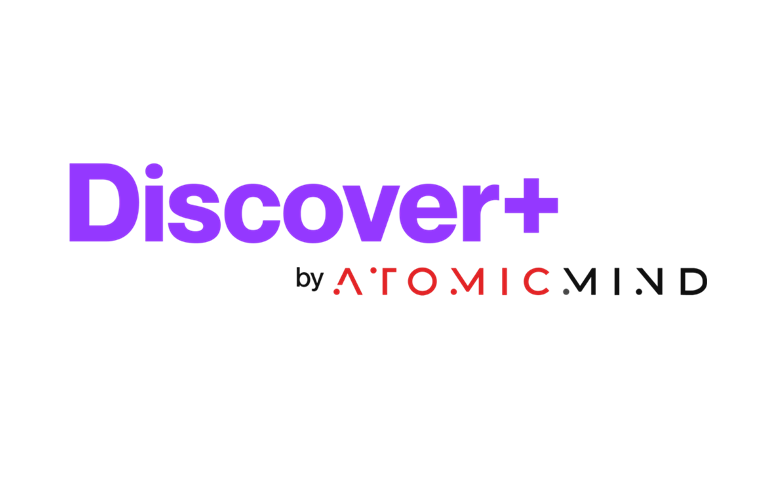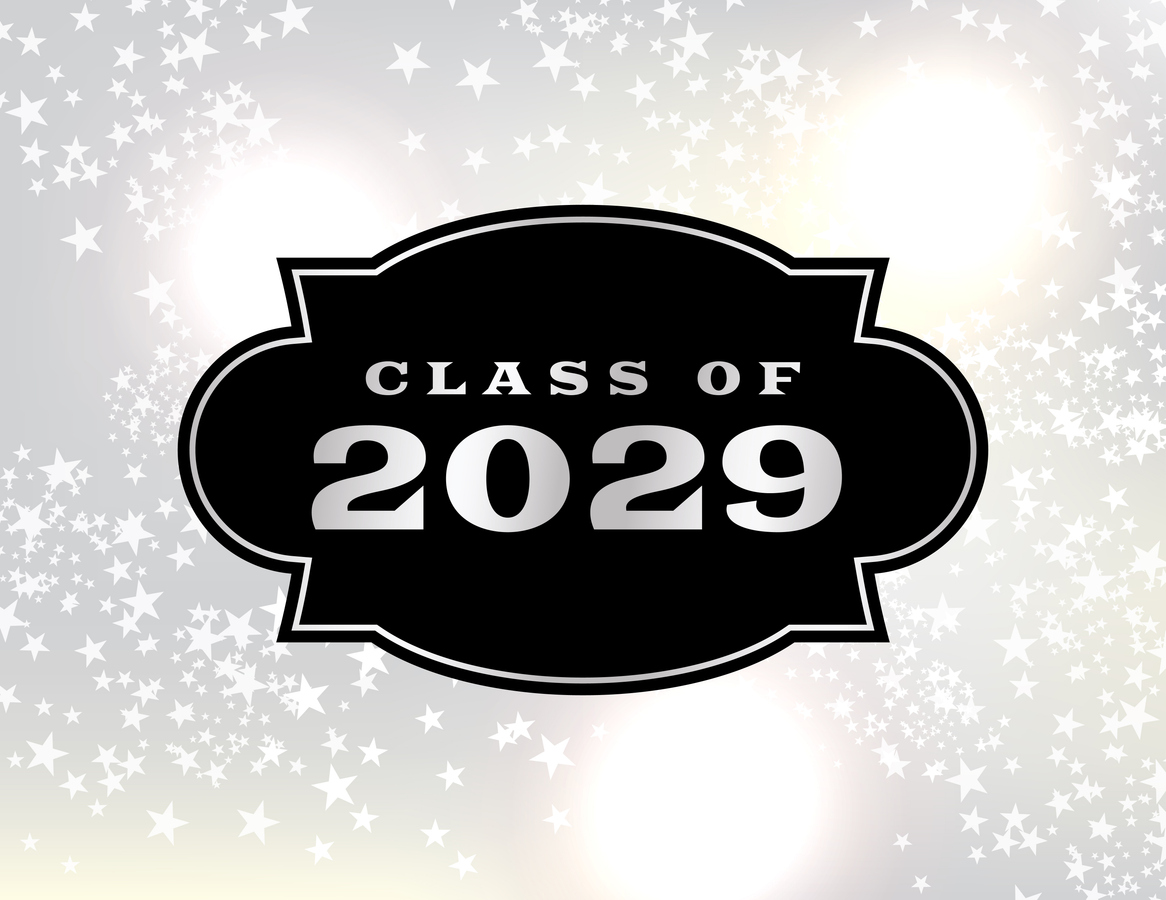
Why Apply to Columbia?
By
AtomicMind Staff
October 2, 2025
•
2
min read
Share this Article
Simply highlight text to share on social or email
Columbia University isn’t a brand; it’s a brain trust.
Yes, it’s in New York. Yes, it’s an Ivy League school. And yes, it’s been in the headlines. But strip away the name, the skyline, and the sensationalism and what you’ll find is one of the most intellectually rigorous, interdisciplinary, and globally focused universities in the world.
For students who want to grapple with the hardest questions across disciplines and do it in the heart of a major urban ecosystem, Columbia offers something no other university does.
What Is Columbia Known For?
Columbia is academically distinguished across a wide range of disciplines. It’s home to:
- The Columbia College Core Curriculum, arguably the most influential required liberal arts curriculum in the country
- Pulitzer Prize-winning journalism faculty
- The oldest engineering school in the Ivy League (The Fu Foundation School of Engineering and Applied Science)
- The Earth Institute, the Zuckerman Institute, and Lamont-Doherty Earth Observatory (powerhouses in climate science and neuroscience)
- Groundbreaking programs in human rights, political theory, philosophy, architecture, and film
It’s also a major global research university, with more than 200 research centers and institutes, and one of the largest international student populations in the Ivy League.
This is not the school for “checking boxes.” Columbia is for students who want to read hard books, take strong stances, and work shoulder-to-shoulder with faculty who are reshaping entire fields.
What Makes Columbia Academically Unique?
1. The Core Curriculum: A Shared Intellectual Language
Columbia’s Core Curriculum is one of the oldest and most famous general education programs in the country. Dating back to 1919, it’s built on the idea that all students regardless of major should engage deeply with foundational texts, ideas, and works of art.
All Columbia College students take required courses in:
- Literature Humanities (a year-long Great Books seminar)
- Contemporary Civilization (a deep dive into political and ethical theory)
- Art Humanities and Music Humanities
- University Writing
- Frontiers of Science
- Foreign language, Global Core, and physical education
This is not a “distribution requirement” model. Every Columbia student takes the same courses and participates in small, seminar-style classes that foster rigorous dialogue and debate.
The result? Whether you’re a computer science major or a classics scholar, you graduate with a shared cultural and intellectual foundation and the ability to analyze and argue like a philosopher.
2. Faculty Who Are Public Intellectuals
Columbia professors aren’t just experts—they’re influencers in the truest sense. Think:
- Jelani Cobb (Dean of Journalism, staff writer at The New Yorker)
- Joseph Stiglitz (Nobel Prize-winning economist)
- Carol Gluck (leading scholar of modern Japan)
- Saidiya Hartman (MacArthur Fellow and theorist of Black studies)
At Columbia, the line between scholarship and social relevance is intentionally blurred. Faculty members are often as engaged in public discourse as they are in academic circles.
3. Interdisciplinary and Pre-Professional at Once
Columbia College leans liberal arts; SEAS (engineering) leans technical. But the real magic is how students mix the two.
Want to double major in mechanical engineering and creative writing? Want to conduct neuroscience research while taking philosophy seminars? At Columbia, that’s not a gimmick; it’s a norm.
And if you’re pre-professional (pre-med, pre-law, pre-PhD, pre-whatever), you’ll find robust advising, research access, and internships integrated into your academic life, not in opposition to it.
4. Columbia World Projects & Global Opportunities
Columbia positions itself as a global university with local impact. Students can apply to:
- The Global Scholars Program, combining classroom learning with international fieldwork
- The Eric H. Holder Jr. Initiative for Civil and Political Rights
- Columbia World Projects, where students and faculty collaborate to solve real-world problems in climate, democracy, tech, and health
And yes, Columbia is deeply tied to NYC institutions like the UN, Wall Street, the Metropolitan Museum, and Silicon Alley (NYC’s version of the famous Silicon Valley), but those are a means, not the end.
What Is Student Life Like at Columbia?
Contrary to myth, Columbia students aren’t all stressed, isolated, and chained to Butler Library. While the academics are intense (because the students choose intensity), there’s also a vibrant, if understated, campus culture.
- Columbia has 500+ student organizations, including performing arts groups, activist coalitions, and cultural organizations.
- The undergraduate population is small (~6,700 students), giving it a surprisingly intimate feel for such a big-name school.
- Students live on-campus for the first three years, fostering community even in the middle of the city.
And while you won’t find rah-rah school spirit in the Big Ten sense, there’s a deep, often self-deprecating pride in being “the weird Ivy.” You’ll hear more talk of Foucault than football—and that’s just the way Columbia students like it.
Financial Aid at Columbia
And just like other Ivies, Columbia offers generous financial aid packages so no accepted student needs to choose between this world-class education and extensive student loans.
- Columbia practices need-blind admissions for U.S. citizens and permanent residents and meets 100% of demonstrated need for all admitted students, including internationals.
- Columbia’s no-loan policy ensures that aid packages consist of grants and work-study, not debt.
- For families earning under $66,000, Columbia covers the full cost of attendance, including housing, meals, and books.
Who Thrives at Columbia?
This is not the place for passive learners.
Columbia is built for students who want to interrogate everything, including themselves. Students who thrive here tend to be:
- Philosophical and politically engaged
- Highly independent yet intellectually collaborative
- Drawn to big cities, but more for their intellectual and cultural density than nightlife
- Willing to spend two years in Core seminars and love every (frustrating, fascinating) minute of it
The Columbia student doesn’t just want access. They want context, critique, and conversation. If you’ve ever found yourself trying to reconcile quantum physics and postmodern theory at 1 a.m. just for fun… you’ll find your people here.
Columbia Essays: Don’t Fake It
Columbia’s supplemental essays are famously short, but that makes them even harder to write well. There’s no room for fluff. Each question demands real reflection.
Here’s what you’ll be asked:
List Question:
- List a selection of texts, resources and outlets that have contributed to your intellectual development outside of academic courses, including but not limited to books, journals, websites, podcasts, essays, plays, presentations, videos, museums and other content that you enjoy. (100 words max)
These lists reveal your intellectual ecosystem. Don’t write what you think they want to see. Be honest. Be weird. Be you.
Short Essays (150–300 words each):
- Tell us about an aspect of your life so far or your lived experience that is important to you, and describe how it has shaped the way you would learn from and contribute to Columbia's multidimensional and collaborative environment. (150 words or fewer)
- At Columbia, students representing a wide range of perspectives are invited to live and learn together. In such a community, questions and debates naturally arise. Please describe a time when you did not agree with someone and discuss how you engaged with them and what you took away from the interaction. (150 words or fewer)
- In college/university, students are often challenged in ways that they could not anticipate. Please describe a situation in which you have navigated through adversity and discuss how you changed as a result. (150 words or fewer)
- Why are you interested in attending Columbia University? We encourage you to consider the aspect(s) that you find unique and compelling about Columbia. (150 words or fewer)
- What attracts you to your preferred areas of study at Columbia College or Columbia Engineering? (150 words or fewer)
Here, you have a Why Us/Why You, an Academic Interests, a Community, Extenuating Circumstances, and a Lived Experience question, but all VERY short (150 words or fewer). Your answers should be intellectually grounded, specific, and personal. If your “Why Columbia” essay could work for NYU, delete it and start over.
Use these prompts to show:
- How your curiosity matches Columbia’s culture
- That you understand the Core, the community, and the values
- How you’ll contribute—not just consume
Final Thoughts
Columbia isn’t shiny. It’s sharp.
It doesn’t market itself as a “fit for everyone”—and it isn’t. But for students who crave rigor, theory, urban immersion, and big questions that don’t have easy answers, Columbia is a place to think deeply, live deliberately, and engage globally.
Need help sharpening your Columbia essays?
At AtomicMind, we work with original thinkers like you to help craft authentic applications rooted in curiosity, specificity, and depth. Because Columbia doesn’t want perfection—it wants purpose.

Share this Article



